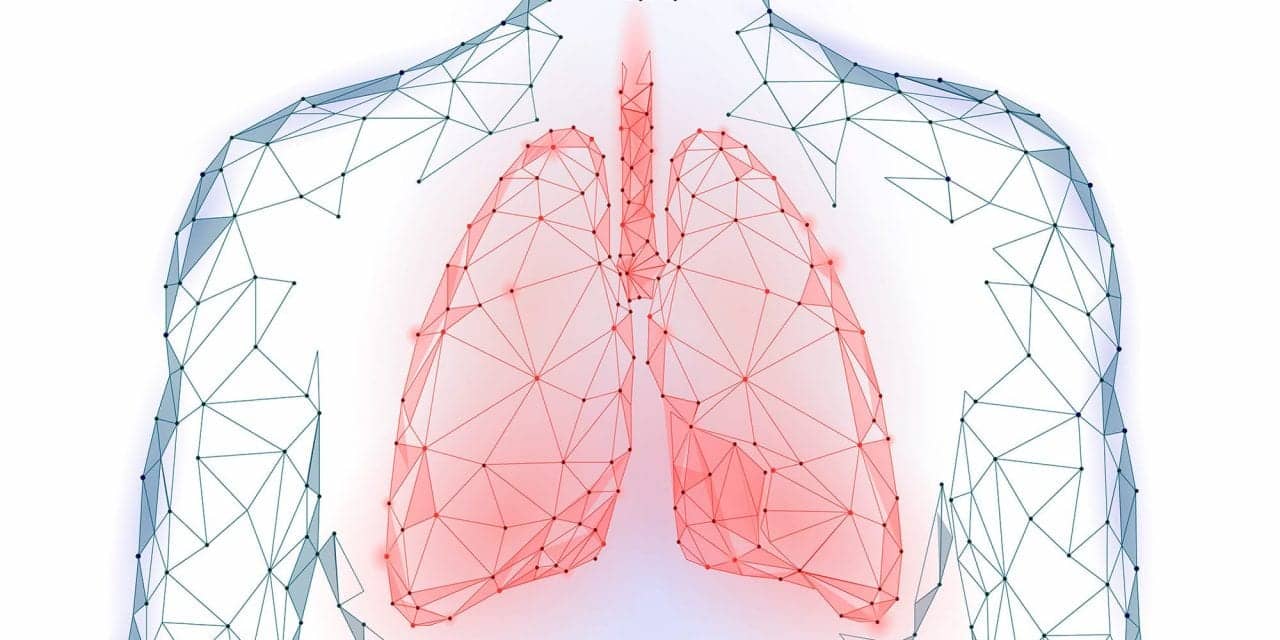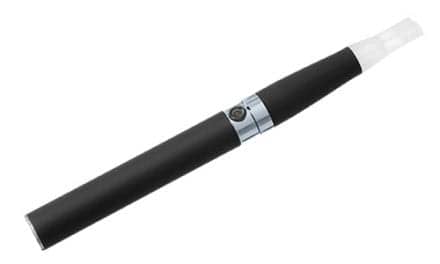Strados Labs has received FDA clearance for its Remote E-Stethoscope Platform (RESP), a system for measuring, recording and analyzing lung sounds remotely across healthcare settings.
According to the company, the RESP system has been used in clinical trials to help researchers quantify changes in lung sounds over time to compare against treatments, patient-reported outcomes, and other vital signs. The RESP can capture, store, and make available for clinical analysis changes in a patient’s lung sounds remotely with a small body-worn sensor and a cloud-based, HIPAA compliant software system.
“This wearable technology will allow us to follow our patients in healthcare settings more effectively, by providing regular interval listening between clinician visits, by archiving the patient’s lung sounds for future comparisons and by reducing the variability in auscultatory documentation that presents a major problem both in patient care and in clinical trials,” said Mitchell Glass, MD, the Chief Medical Officer of Strados Labs, in a statement.
The company is currently working with research organizations and pharmaceutical companies to capture lung sound measurements as primary and exploratory endpoints to support their trials.
Strados Labs says they see the use of RESP in trials as a way to learn more about patient-reporting outcomes (ePRO) to help better understand how treatments and therapies impact patient symptoms like coughing or wheezing objectively.
“We are excited to finally bring the RESP technology to clinicians, scientists and patients who need it most,” Nick Delmonico, co-founder and CEO, said in a statement. “The FDA clearance is a major milestone for our early stage company. Our team worked tirelessly and overcame obstacles, many that were out of our control due to COVID-19, to achieve this goal during a particularly challenging year for small businesses. We are thrilled to be one step closer to our mission of making every breath count.”
The RESP technology can be integrated into various health data systems, including telehealth, eICUs, clinical trial management platforms, and telemetry across healthcare settings.










